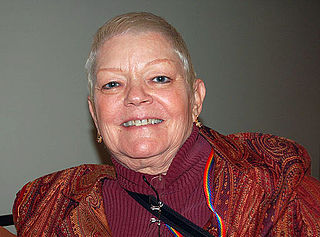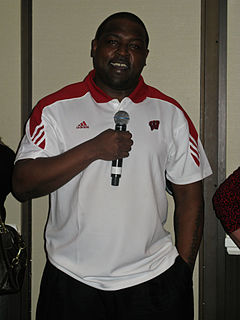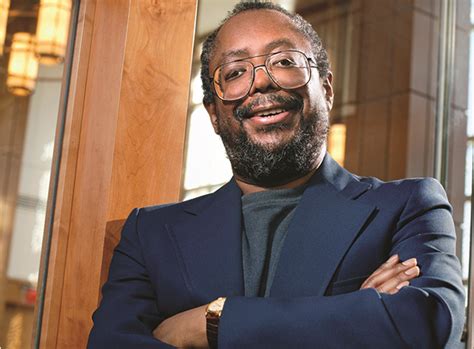A Quote by Irvine Welsh
In some ways, you can say that at any time in any writer's career: 'He might have run out of ideas.'
Related Quotes
That's really the essence of what any fiction writer does. Some of it is research-based, but most of it is a really long-term, imaginative, empathetic effort to see the world the way someone whose experiences remote from yours might see it. Not every writer works that way; some writers make a wonderful career out of writing books that adhere very closely to how they view the world. The further I go with this, the more interested I get in trying to imagine my way into other perspectives that at first seem foreign to me.
I think all of us begin as writers. I wanted to be a writer from the time I as eight, long before I heard of jazz. The question is, once you have that obsession, what is your subject going to be and you often don't know for some time. It might become fiction, it might be non-fiction, and if it's non-fiction it can go in any number of directions.
Down there - he said - are people who will follow any dragon, worship any god, ignore any inequity. All out of a kind of humdrum, everyday badness. Not the really high, creative loathsomeness of the great sinners, but a sort of mass-produced darkness of the soul. Sin, you might say, without a trace of originality. They accept evil not because they say yes, but because they don't say no.
Read Becoming a Writer by Dorothea Brande. Then do what it says, including the tasks you think are impossible. You will particularly hate the advice to write first thing in the morning, but if you can manage it, it might well be the best thing you ever do for yourself. This book is about becoming a writer from the inside out. Many later advice manuals derive from it. You don't really need any others, though if you want to boost your confidence, "how to" books seldom do any harm. You can kick-start a whole book with some little writing exercise.
I had literary interests my whole life. I decided at the age of five I was going to be a writer. So I had done a great deal of reading. I suppose I was more at home in Greenwich Village than, say, any of classmates from Warsaw High School. But in any case, it was an overwhelming experience for me. It took me some time to begin to assimilate it.
I've heard people say that God is the gift of desperation, and there's a lot to be said for having really reached a bottom where you've run out of any more good ideas or plans for everybody else's behavior; or how to save and fix and rescue; or just get out of a huge mess, possibly of your own creation.






































